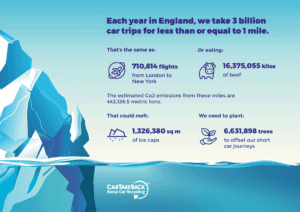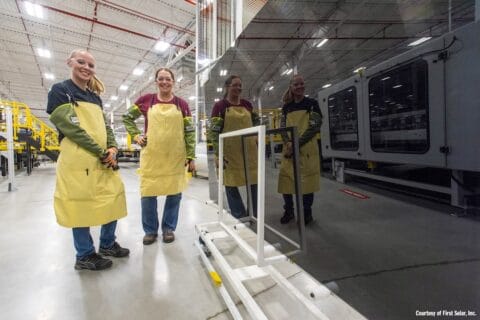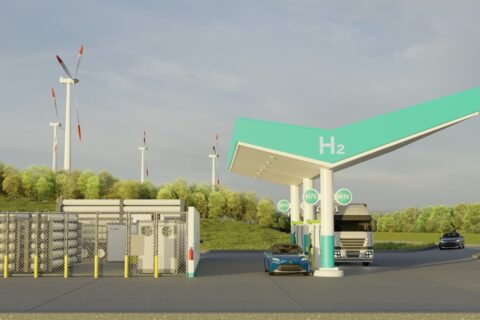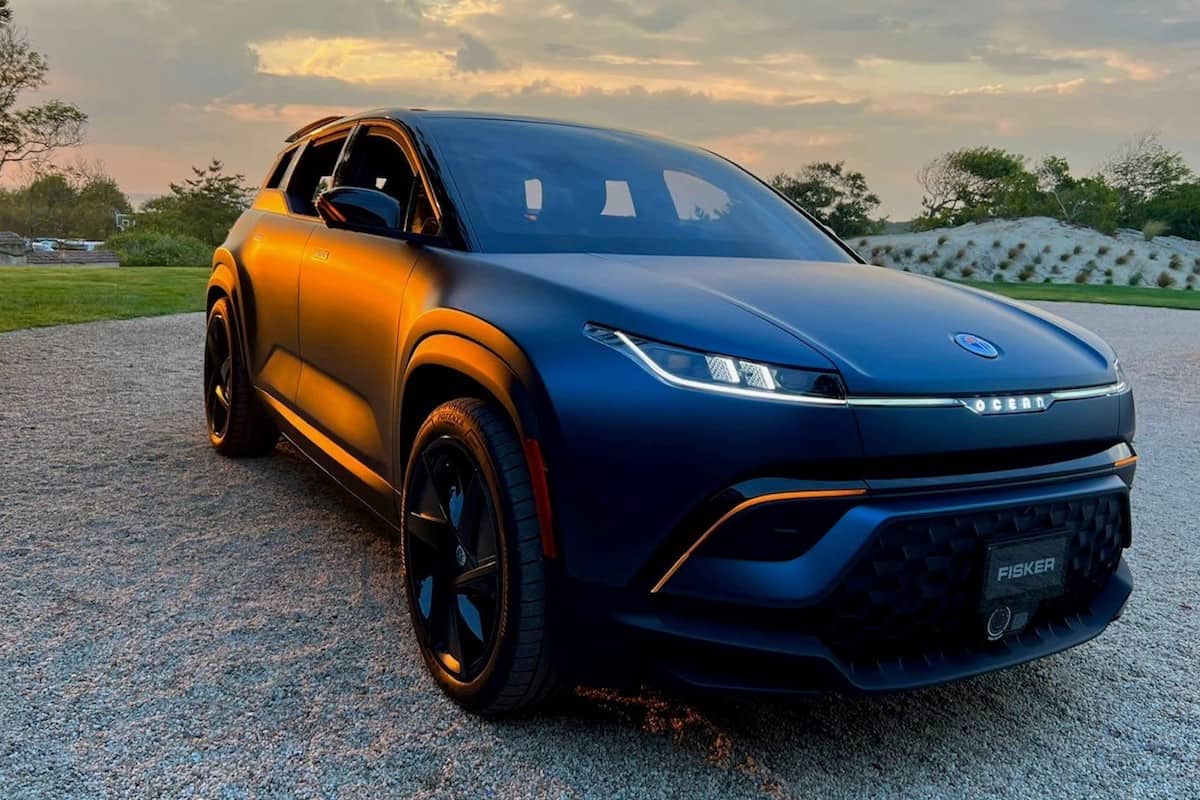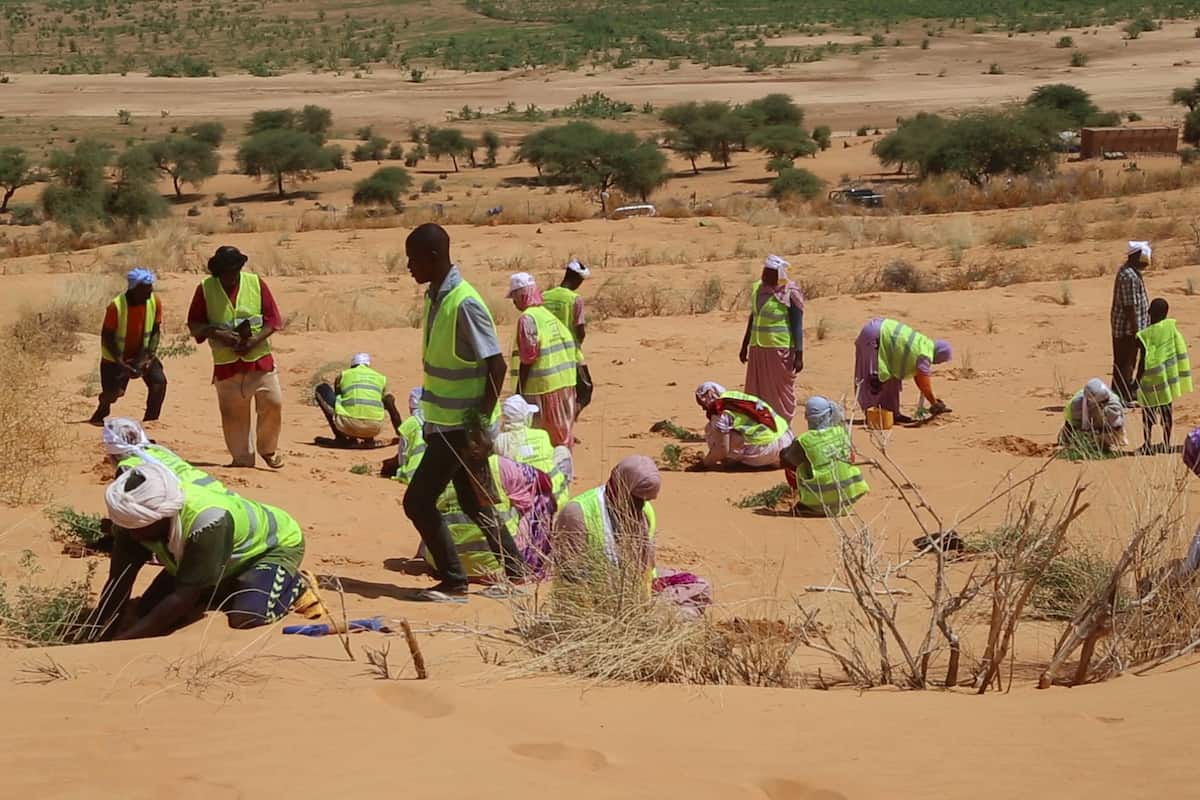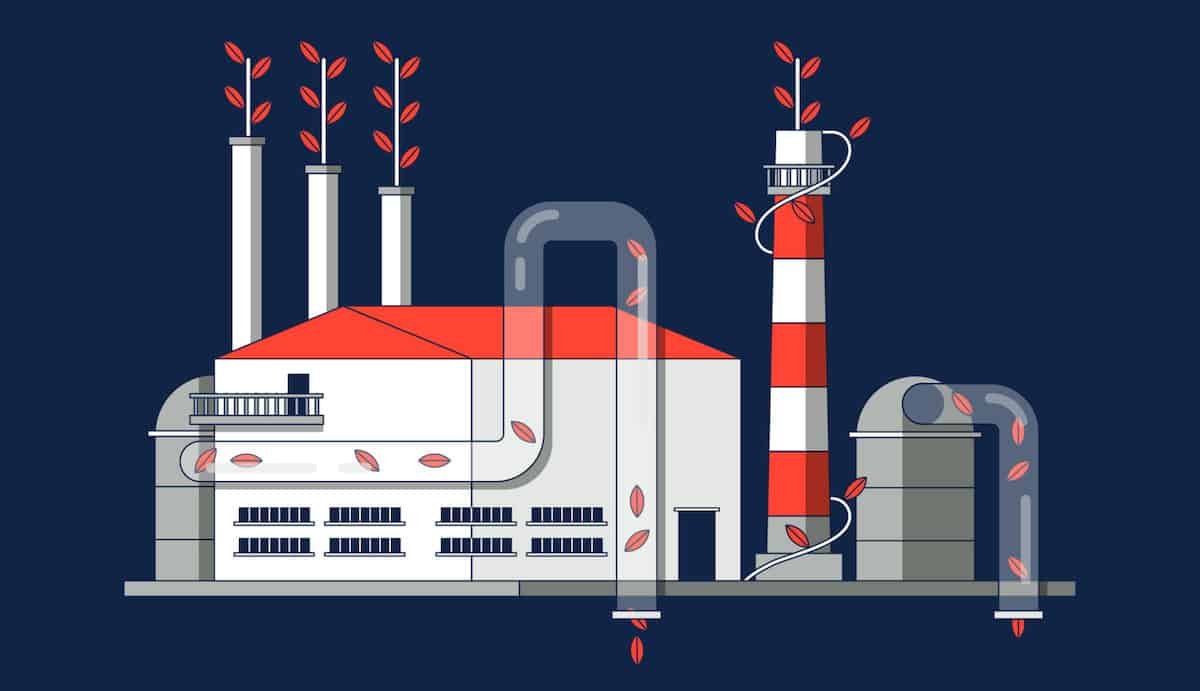You may be shocked to learn that in England alone, people take 3 billion car trips for less than or equal to 1 mile, in just 1 year. Simply cutting out these short journeys could save millions of square metres of ice caps. How many of these trips could actually be made on foot or by bike? In this SustMeme Guest Post, Rebecca Currier, Marketing Manager at CarTakeBack, reveals the huge environmental impact potential of these unnecessary journeys.
RC: We have already seen a global reduction in air pollution due to lockdown and less travel. If we still use our cars less after the pandemic, this could continue to make a huge difference.
But, how much of a difference are we talking?
Well, to get a feel for the numbers, CarTakeBack UK conducted sample analysis using the latest English National Travel Survey (NTS) and raw data from the Office for National Statistics (ONS).
These staggering figures are what the research found:
- In England, we take 3 billion car trips for less than or equal to 1 mile, in just one year.
- That equates to over 1.8 billion miles and costs almost £250 million in fuel (£249,018,638).
- The estimated CO2 emissions from these miles would be 442,126.5 metric tons.
- These short journeys alone could lead to melting around 1,326,380 sq m of ice caps every year.
- We’d need to plant 6,631,898 trees in order to offset trips for less than 1 mile per year.
(Of course for anyone with mobility issues, these car journeys are necessary; therefore, the analysis accounted for the population of adults who reported mobility issues in the NTS).
Environmental impact
So, car trips for 1 mile or under add up to 1.8 billion miles a year… and that’s just in England.
These short journeys have the same effect on the environment as 710,814 flights from London to New York, or eating 16,375,055 kilos of beef.
Research shows “a sustained loss of 3 ± 0.3 square meters of September sea-ice area per metric ton of CO2 emission”. Continuing these short journeys alone, could lead to melting around 1,326,380 sq m of ice caps every year.
Alongside a bleak future for polar bears, there are many other animals now in danger due to shrinking ice caps.
The Walrus
WWF states: “Loss of sea ice is forcing walruses into danger. Walruses depend on sea ice as a platform for feeding and resting, and a warming Arctic is disrupting their normal patterns. Earlier melting of sea ice in summer sea ice has forced abnormally large numbers of Pacific walruses ashore on the coasts of Russia and Alaska. These ‘haulouts’ of up to 35,000 individuals can be deadly, particularly for walrus calves that are crushed in stampedes provoked by disturbances.
The Narwhal
“A narwhal’s entire life is connected to sea ice, both as a place to feed and a place to take refuge. Slow swimming whales rely on sea ice as a place to hide from predators like killer whales.
The Bowhead Whale
“As the rapidly warming Arctic sees thinner and less sea-ice, with longer open water periods in summer, a number of new threats have quickly emerged – more killer whales, and more oil and gas exploration and development, more commercial shipping plans, and more commercial fishing activity.”
What if we left our cars parked, instead?
Choosing to walk these short distances could save 442,127 metric tons of carbon emissions every year… and we need to plant 6,631,898 trees to offset that monster amount of emissions. There are also huge financial benefits; we’d save £250 million in fuel.
What are the other benefits?
Minimising our environmental impact isn’t the only perk. Households can benefit from increased physical exercise; often boosting mood and helping with weight loss. Not only that, but fewer car trips could improve air quality and pollution.
It is not often in the battle against climate breakdown that you can get so many multiple benefits from such an easy win. So, cut the short car trips and help save the ice caps!
Rebecca Currier is a Marketing Manager at CarTakeBack.com, the largest scrap car recycling network in the UK.
You can check out the full archive of past Guest Blog posts here.
Would you like to Guest Blog for SustMeme? For more info, click here.
SUSTMEME: Get the Susty Story Straight!

